
How ‘inflammaging’ drives cancer – and points to new treatments
Inflammation fuels the high rate of cancer in people over 50, researchers find, leading them to test anti-inflammatories such as allergy drugs to fight it.

Inflammation fuels the high rate of cancer in people over 50, researchers find, leading them to test anti-inflammatories such as allergy drugs to fight it.

Sitting in his doctor’s office in April, Barnaby Joyce heard the words he’d been hoping against hope wouldn’t come. It was a diagnosis that has put everything in perspective – and came about only after the intervention of a worried staffer.

Going back to basics might help some patients live longer or respond to therapy, data shows.

Sue Woodall was left out of work and feeling purposeless after her breast cancer battle, but believes other cancer battlers should not have to sacrifice their vocations in pursuit of good health.

Australian actor Magda Szubanski has been diagnosed with a rare, aggressive and incurable blood cancer. Experts explain what it is and what treatments are available.

Joe Biden has been diagnosed with an aggressive form of prostate cancer; doctors say draft testing guidelines should reduce chances of a similar situation for Australian men.

Kaz Kelly was happy, seemingly healthy, and 36 when she was diagnosed with stage 4 bowel cancer. She wants everyone to know you’re never too young to be affected by Australia’s second-deadliest cancer.

UK women are being told to understand their breast density, one of the key markers of breast cancer risk. Australian women should also take heed.
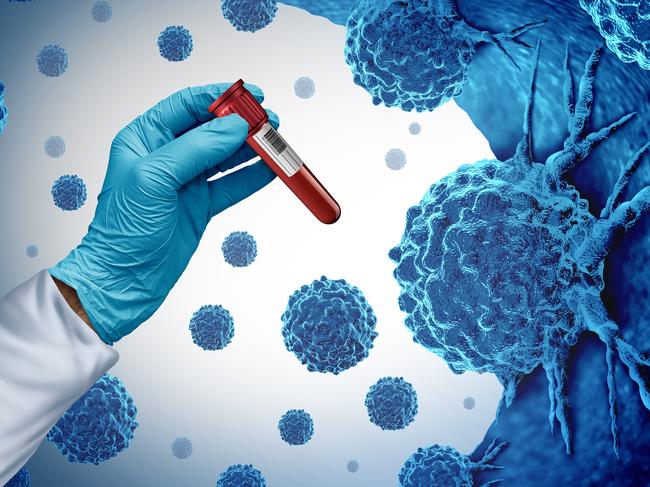
More than 500 patients undergoing cancer mutation testing have been affected by a blunder that’s led to at least one ‘adverse clinical health outcome’.
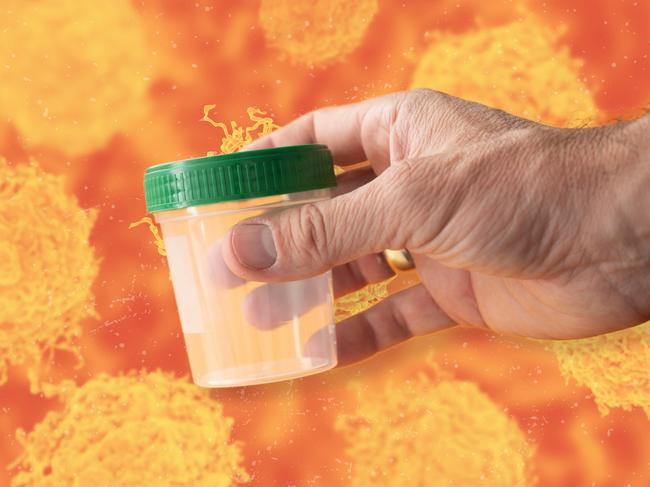
With PSA tests for prostate cancer offering limited accuracy, could a new urine test be a diagnosis gamechanger?
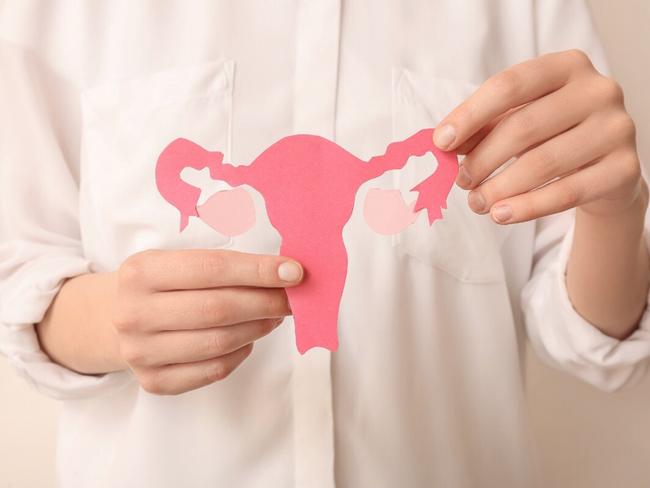
Australia wants to be the first country in the world to virtually eliminate cervical cancer. New data shows a policy change made a few years ago could help get us there.
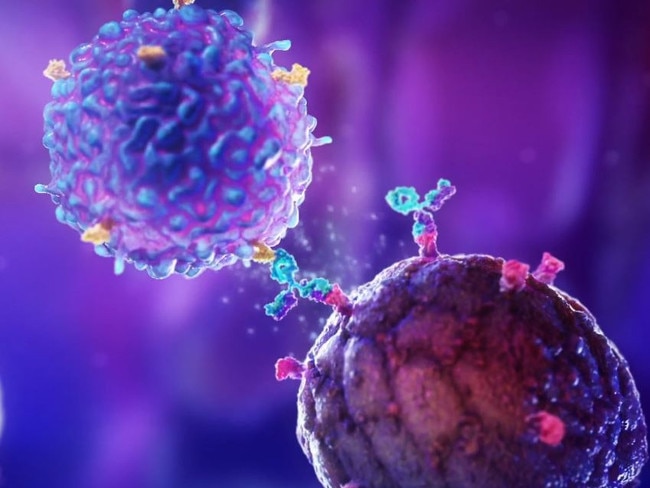
A newly subsidised immunotherapy for multiple myeloma presents the first chance for some patients to access such treatment.
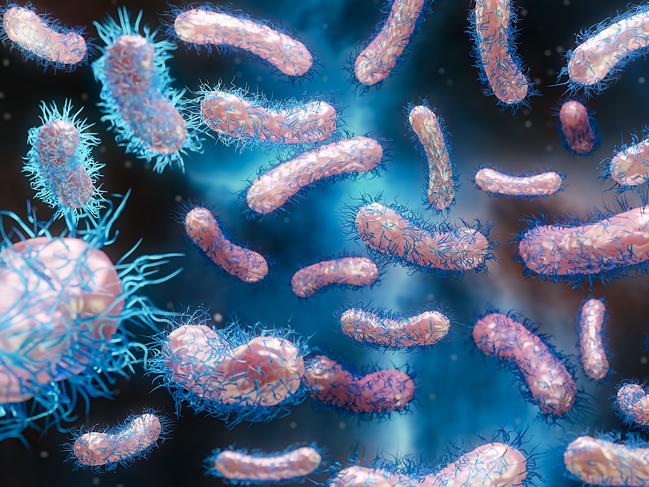
Exposure to the bacteria in childhood may be part of the puzzle over why there has been a jump in cancer rates among the young.
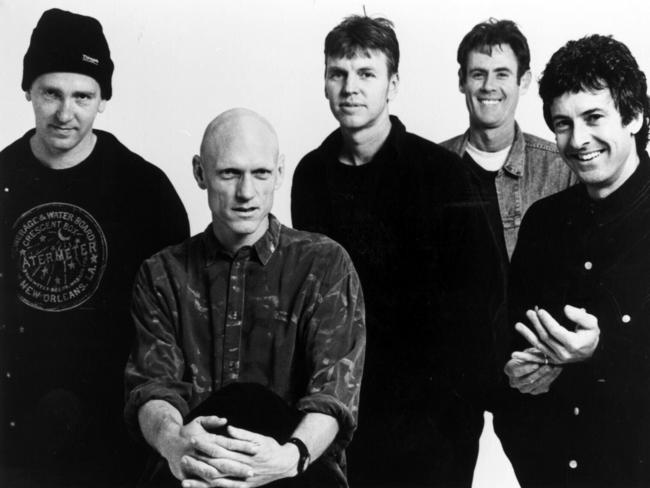
Just six months after completing Midnight Oil’s epic farewell tour, drummer Rob Hirst was diagnosed with pancreatic cancer. He has been fighting it in secret ever since. Until now.
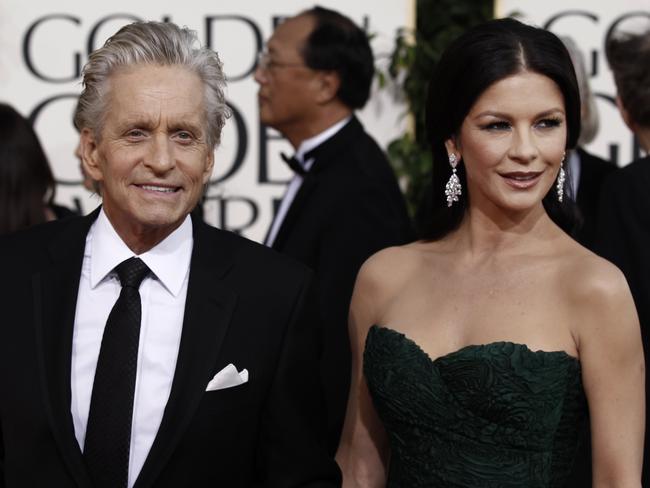
It’s more than a decade since the Hollywood star blamed oral sex for his illness. Here’s how the human papillomavirus became a male problem.

Rapid immunotherapy advancements could relegate killer cancers, such as the dangerous and deadly ovarian cancer, to the status of a ‘chronic disease’.
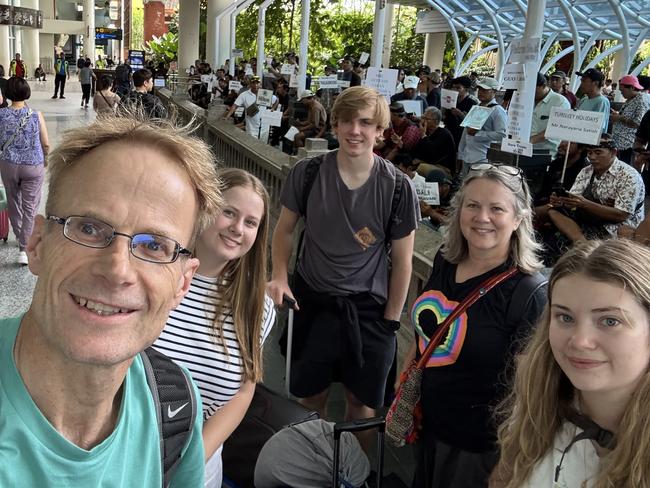
Renowned scientist Richard Scolyer says while he has only months to live, his survival ‘gives a lot of hope’ to the efficacy of the experimental immunotherapy he trialled.
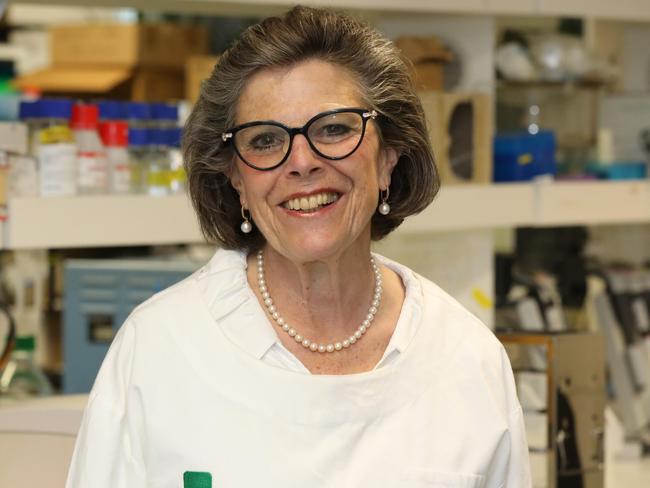
Health Minister Mark Butler says the investment will be a ‘game-changer in cancer care’, targeting pioneering research in genetic testing of tumour samples for rare cancers.
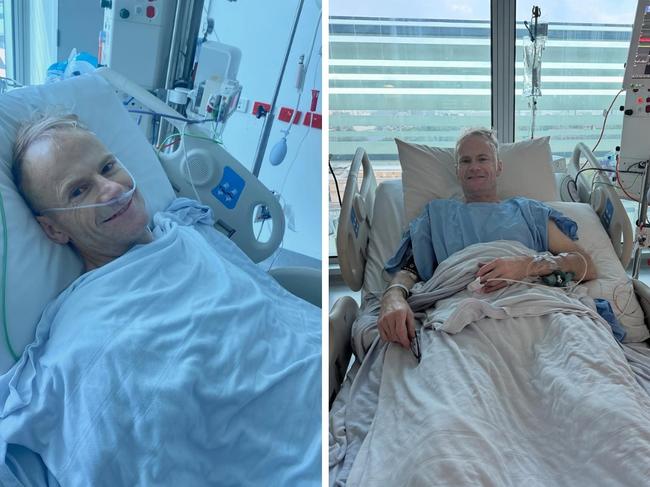
Renowned melanoma scientist Richard Scolyer is focused on recovery after complex surgery to determine the cause of brain scan ‘changes’.
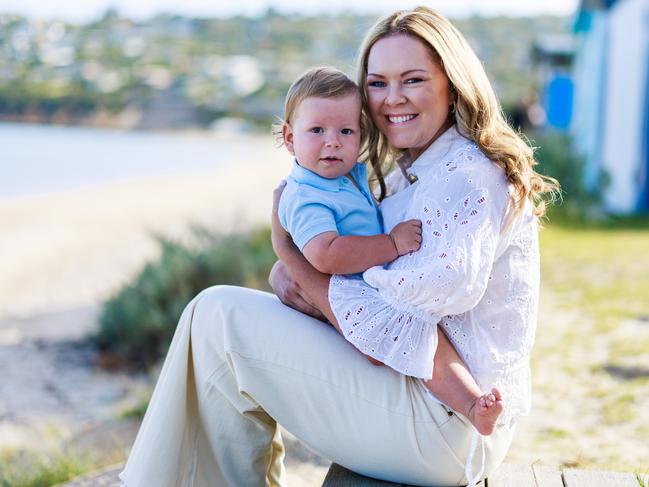
Everyone’s reason for choosing to freeze their eggs is different. Three women who have undertaken the process tell how they began, and share their hopes and fears | READ AND WATCH THEIR STORIES
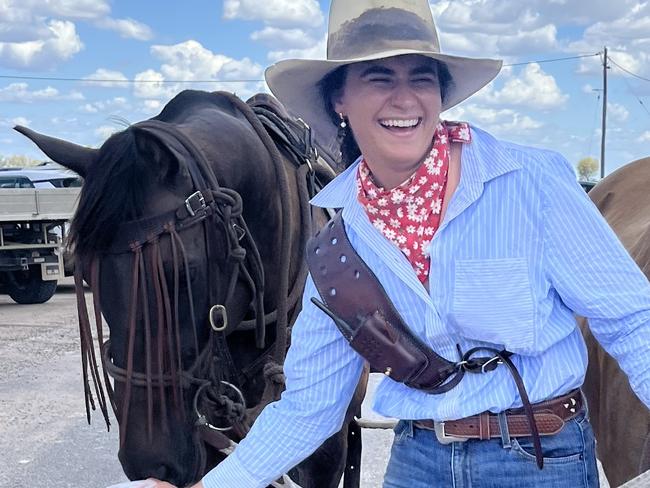
Driven by sorrow but also determination, Sarah Wheeler embarked on a charity horseback ride 290 days ago. On Saturday, she returns home.
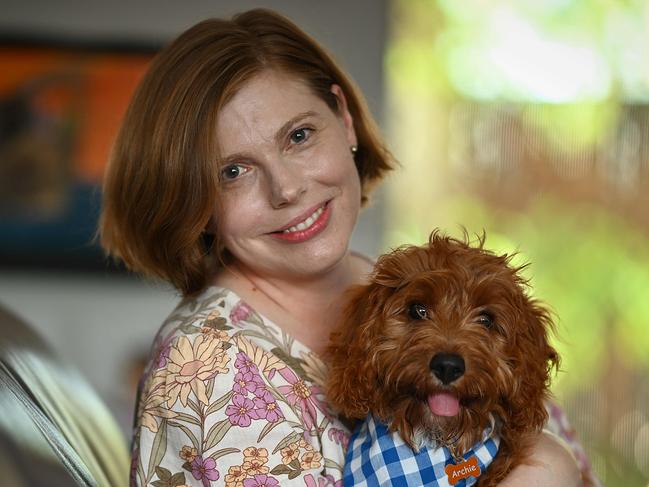
Lung cancer is the biggest killer of all cancers, with one person in Australia dying of the disease every hour. But with a new screening program, it need not be a death sentence.
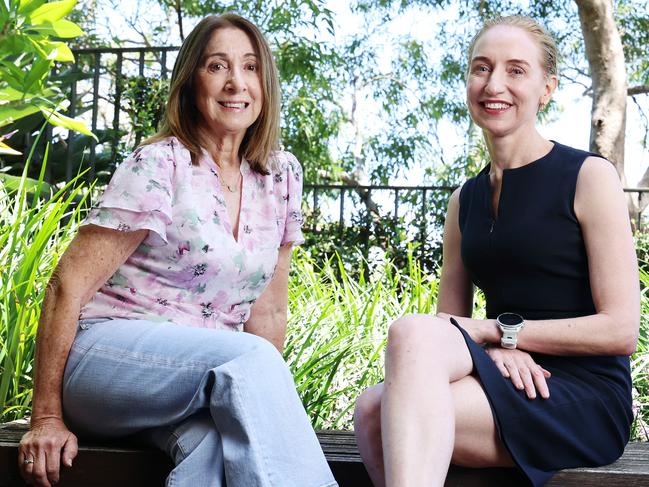
A groundbreaking clinical trial has proved that the majority of melanoma patients whose cancer has spread to the brain can be ‘cured’.
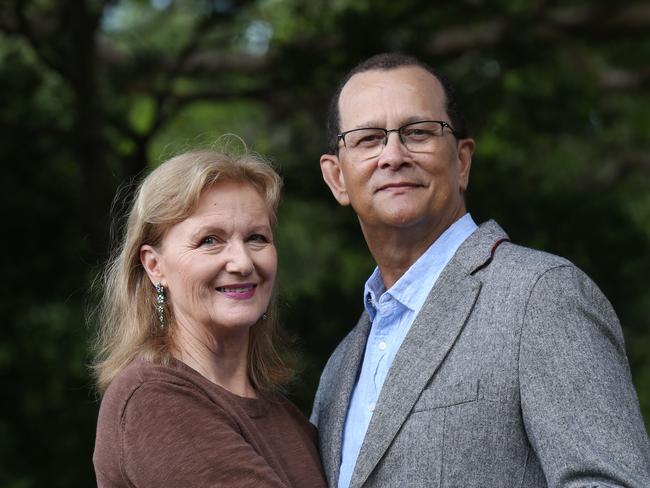
Scientists ‘excited’ by promising trial results showing men with aggressive prostate cancer felt better and lived longer when taking a combined therapy.
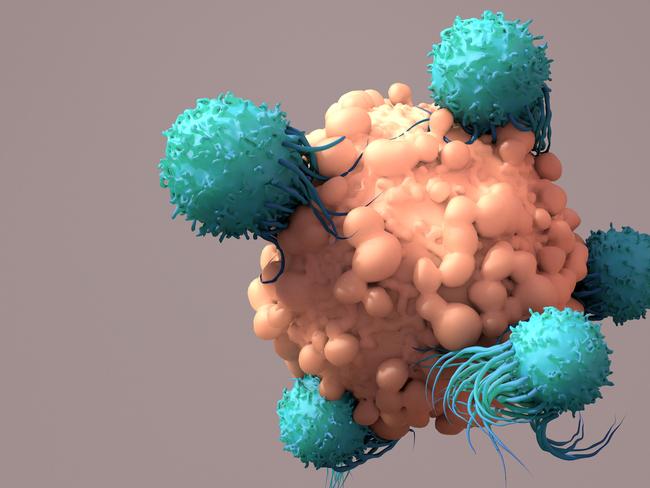
Scientists have discovered a new type of cell in the body that has a ‘super power’ that can help in the fight against cancer.

Cancer at younger ages is becoming more common in Australia. What do you need to watch out for?

The number of people killed by alcohol rivals the civilian death toll in World War I. So why aren’t we paying attention?
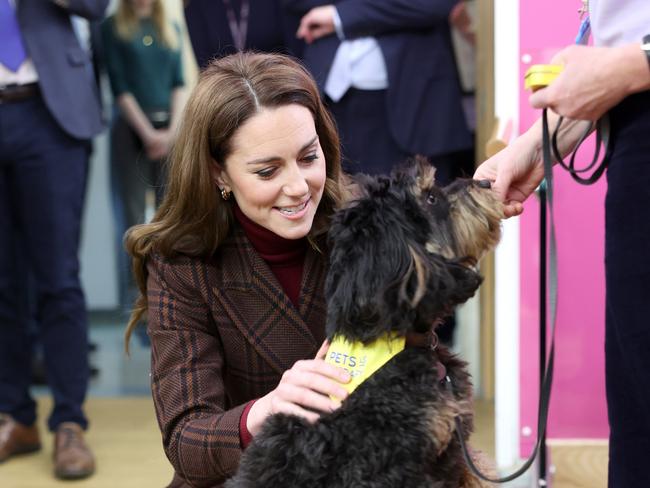
Catherine, the Princess of Wales, is in remission. We talk to an oncologist about what that means and how long it lasts

Peter had no symptoms when he was diagnosed with prostate cancer. Now, he’d like to see an expansion of genetic testing in the hope it could help save more lives and reduce anxiety

This week the outgoing US Surgeon General called for labels on alcohol to warn of cancer risk. Here’s what we know about the odds of various levels of alcohol consumption in developing cancer.
Original URL: https://www.theaustralian.com.au/topics/cancer